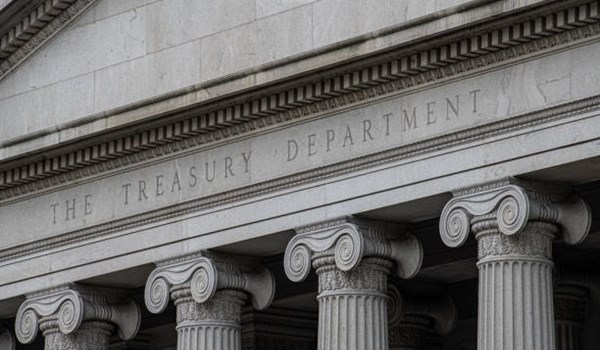In a landmark move, the European Union’s banking watchdog has ramped up its efforts to combat financial crimes in the cryptocurrency sector. The European Banking Authority (EBA) issued new guidelines, mandating crypto firms to adhere to stringent anti-money laundering (AML) and counter-terrorist financing (CTF) measures.
EU Adopts Robust Regulations To Boost Crypto Adoption
The EBA’s (European Banking Authority) recent guidelines are designed to integrate crypto firms into the European framework for financial oversight. By extending the reach of its existing AML and CTF measures to encompass the crypto sector, the EBA aims to make sure that crypto asset service providers (CASPs) across the EU mitigate risks associated with financial crimes. The urgency of these guidelines came following crypto’s increasing use in conducting illegal activity.
The press release said, “The risks of this happening can be increased, for example because of the speed of crypto-asset transfers or because some products contain features that hide the user’s identity. Therefore, it is important that CASPs know about these risks and put in place measures that effectively mitigate them.”
The EU, last year, finalized legislation on the transfer of funds using digital assets alongside the comprehensive Markets in Crypto Assets (MiCA) regulatory package. The regulations mandate that companies seeking to issue, trade, and secure cryptoassets, tokenized assets, and stablecoins within the 27-country bloc must secure a license.
Ministers have taken proactive measures to address tax evasion and the potential misuse of cryptoasset transfers for money laundering, making transactions more traceable.
From January 2026, service providers will be obligated to collect the names of both senders and beneficiaries for cryptoasset transactions, irrespective of the transfer amount.
EU’s Approach Toward Risk-Free Crypto Environment
The EBA has been actively publishing guidelines for risk-based supervision of CASPs and consulting on proposals following recommendations from the Financial Action Task Force (FATF), the global financial watchdog. These consultations also extend to guidance on internal policies and control measures that CASPs should enforce. Such a move might create the safest crypto environment.
The recent guidelines have wider implications, extending to credit and financial institutions dealing with CASPs and crypto assets. Compliance reports are due within two months of guideline translation, with implementation on December 30. This EBA move enhances crypto market security, promotes transparency, and addresses skepticism from traditional financial institutions.
The EBA said, “Given the interdependence of the financial sector, the new Guidelines also include guidance addressed to other credit and financial institutions that have CASPs as their customers or which are exposed to crypto assets.”
In 2023’s October, the European Union introduced DAC8, a directive aimed at improving tax cooperation rules. This directive places an obligation on crypto-asset service providers (CASPs) to disclose transaction details of their clients to tax authorities, with a particular focus on reporting crypto transactions involving high-net-worth individuals.



